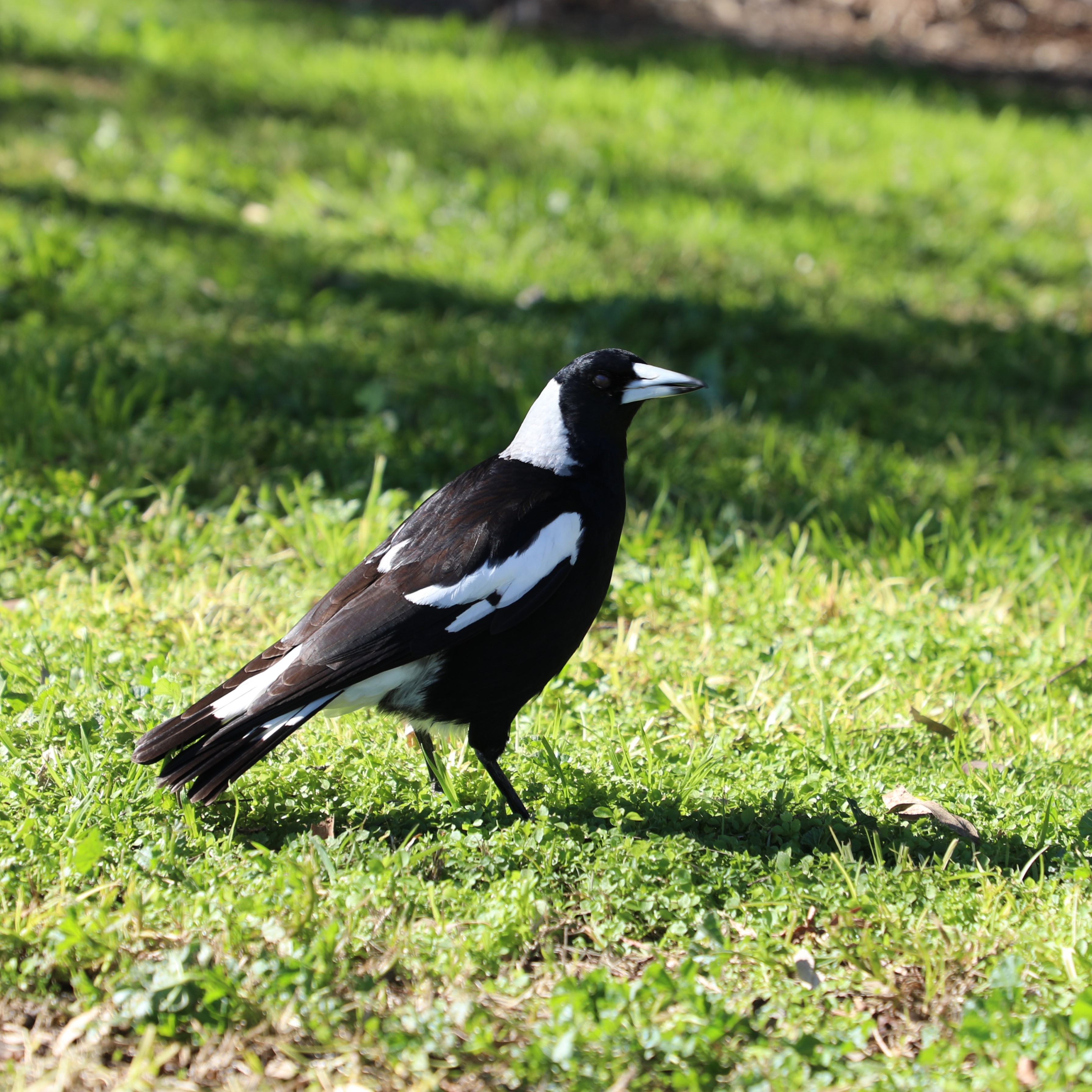
Wildlife in Victoria is protected under the Wildlife Act 1975, which makes it illegal to willfully disturb or destroy wildlife.
Anyone wishing to control wildlife must have an ATCW issued under Section 28A of the Wildlife Act. The Conservation Regulator is responsible for assessing ATCW applications and determining whether an ATCW is appropriate.
The Conservation Regulator carefully considers the facts and circumstances of every application including their potential impact on local, regional and national biodiversity conservation of the species. This can include threats from bushfire, disease, habitat loss and road kills.
They can also grant authority for lethal or for non-lethal control of wildlife. Lethal control of wildlife is considered as a last resort. The Conservation Regulator will only grant authority for lethal control when satisfied such authority is necessary. ATCWs can be issued when wildlife is damaging buildings, pasture, crops or other property, posing risk to human health and safety, damaging the environment, or for aboriginal cultural purposes.
PLEASE NOTE: It is the owner/occupiers responsibility to remove or eradicate any pests or insects on private property. Private pest controllers may be sought to assist in the removal of these species. Local controllers are listed in the Yellow Pages.
Swooping birds
Native birds are highly protective of their eggs, nest and young and will often try to protect their territory by swooping. They are trying to protect their space, not to harm you.
Swooping usually occurs for a few short weeks during spring, with magpies and plovers being the most common swooping birds in Wodonga. These birds, like all wildlife in Victoria, are legally protected. We do not capture or remove swooping birds, however, we will publicise locations of known swooping birds on council land through our website and social media.
If you do come across a swooping bird, here are some tips:
- Avoid the area if possible, and if you must pass, move quickly - but don't run
- Wear a hat or carry a stick or umbrella above your head
- If you’re cycling, dismount and walk
- Try and travel in groups
For further information, please visit the swooping birds page on the Wildlife Victoria website.
Feeding birds
While it may be seen as a fun activity to feed birds or other wildlife, it can cause them more harm than good. Please do not feed any birds or wildlife in Wodonga.
Human food (bread, chips, meat etc) can make birds sick and may kill them.
• Wild bird seed mix encourages birds and other wildlife to become dependent on humans for their survival and may cause nutrient deficiencies.
• Wildlife need to teach their young how to forage for a wide variety of natural foods.
• Feeding allows for the easy spread of disease particularly from bird to bird (such as Psittacine Beak & Feather Disease, avian influenza etc.) and also from birds to humans.
• Neighbouring homes could be suffering damage.
• Excessive bird droppings as a result of feeding wild birds is not only an annoyance, it can also damage property and may present a risk of disease to people. Droppings can also attract flies, beetles and other.
• Feeding encourages pests such as mice, rats and introduced bird species, as well as predators such as feral cats and foxes.
• Hand-fed cockatoos are bored cockatoos. When cockatoos don’t need to forage for their natural foods, they can use their extra “leisure-time” chewing on buildings.
• Birds, expecting to be fed by humans, can become aggressive and pester people for food when they are hungry.
• Wildlife can open rubbish bins to forage for more food and spread litter.
• Feeding wildlife can increase their population numbers locally causing more problems such as noise and tree damage
• Feeding can increase the number of ‘bossy’ species, which then chase away the more ‘timid’ species.
• Feeding wildlife can bring them to areas where they are in more danger from being injured and killed by cars and other human dangers.